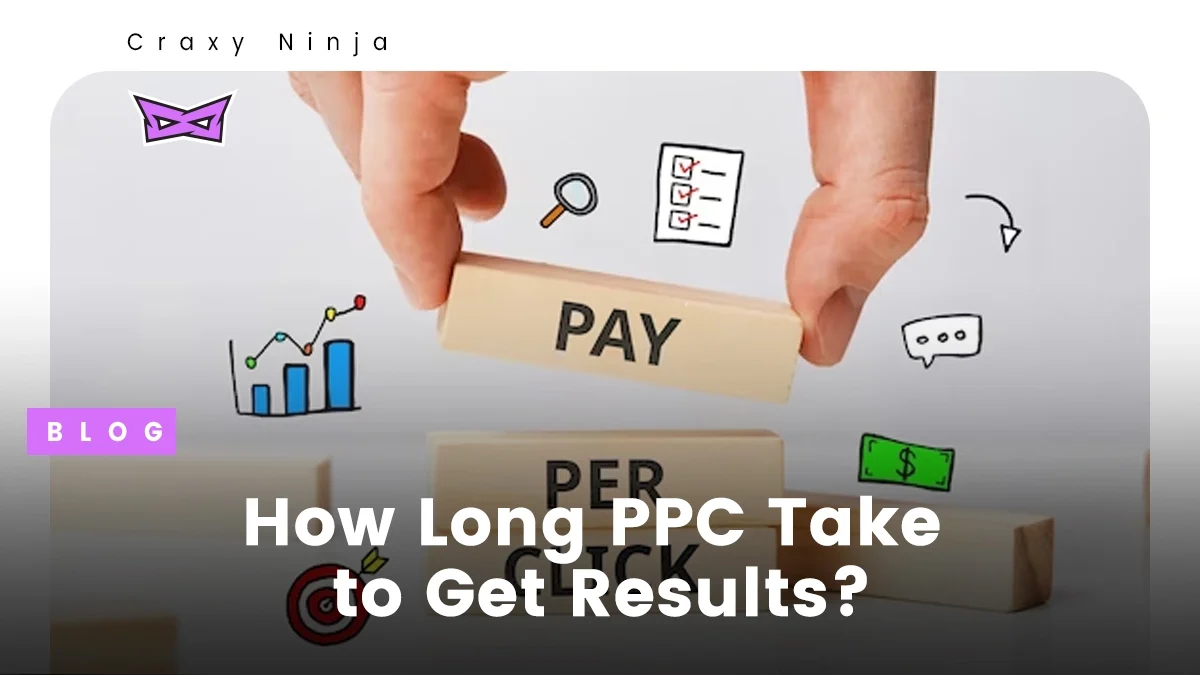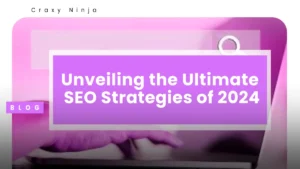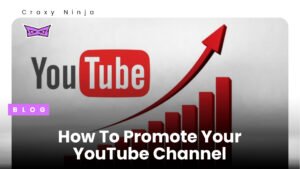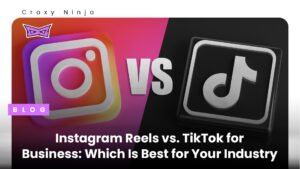Pay-Per-Click (PPC) advertising often stands out as the swift solution in the digital marketing toolbox, ideal for driving traffic, generating leads, and boosting sales for your business.
However, unlike PPC, which can quickly rack up impressions and clicks, it doesn’t deliver instant outcomes like immediate form fills or conversions into sales.
Much like any digital marketing strategy, leveraging PPC ads necessitates careful planning, patience, and vigilant monitoring.
In essence, substantial results don’t magically manifest overnight.
So, what’s the typical timeframe for PPC to start yielding results? Let’s explore an overview of the standard PPC timeline, delve into the primary factors that influence this duration, and consider strategies to expedite the process.
The PPC Expedition
Before we look into the timeline of PPC results, it’s crucial to understand the lay of the land. PPC is a digital marketing strategy where advertisers pay a fee each time their ad is clicked. It’s like a bidding war for visibility, and the results can be remarkably effective if done right. But how soon can you expect these results to roll in?
The Myth of Instant Gratification
In the era of instant noodles and on-demand streaming, it’s tempting to believe that PPC results should be equally rapid.
However, PPC isn’t a microwave; it’s more like slow-cooking a gourmet meal. Instant results can happen, but they’re not the norm. Be prepared for a little patience, as the effectiveness of your PPC campaign unfolds over time.
The Variables at Play
The timeline for PPC results isn’t set in stone. It’s influenced by a myriad of factors, much like a chef crafting a masterpiece. These variables include:
- Industry Competition: In highly competitive industries, it may take longer to see significant results. You’re battling against numerous players in the same sandbox.
- Keyword Selection: The choice of keywords can speed up or slow down your campaign’s effectiveness. High-intent keywords might deliver quicker results, while broader ones might take more time.
- Quality Score: Google rewards well-crafted ads and landing pages with a higher Quality Score. The better your score, the faster you’re likely to see results.
- Budget: A substantial budget can give your campaign a boost, but it doesn’t guarantee instant success. It’s about optimizing your spending effectively.
The First Signs of Life
Now, let’s talk about timelines. You’ve launched your PPC campaign, and you’re eagerly awaiting those initial signs of life. Typically, you can expect to see some action within the first few days or weeks. This might involve clicks, impressions, and a gradual increase in website traffic.
The Midway Milestone
As your campaign matures, you’ll reach a midway milestone where results become more pronounced. This might happen around the three to six-month mark. Your ads are refining, targeting is honing in on the right audience, and conversions are on the rise. The effectiveness of your PPC campaign is gaining momentum.
The Long-Term Game
Here’s where the PPC timeline takes a turn towards the long-term game. Beyond six months, your campaign should be hitting its stride. Conversions are becoming more consistent, and you’re reaping the rewards of meticulous optimization. Your PPC campaign isn’t a flash in the pan; it’s a steady climb towards sustained success.
The Art of Patience and Persistence
In the world of PPC, patience is indeed a virtue. You might wonder, “Why not rush to instant success?” Well, it’s all about refining, learning, and adapting. The data you accumulate in the early stages informs your strategy, allowing you to fine-tune your campaign for maximum effectiveness.
Measuring the Effectiveness
How do you know if your PPC campaign is effective? It’s not just about the timeline; it’s about the metrics. You’ll want to keep a watchful eye on:
- Click-Through Rate (CTR): This tells you how often people are clicking on your ads. A rising CTR indicates your ad’s relevance and effectiveness.

- Conversion Rate: The percentage of users who take a desired action, like making a purchase or filling out a contact form. An increasing conversion rate is a good sign.
- Return on Investment (ROI): Ultimately, your PPC campaign should generate a positive ROI. If your revenue outweighs your ad spend, you’re on the right track.

The Ever-Changing PPC Landscape
Remember that the digital world is in a constant state of flux. Algorithms change, competitors adapt, and user behavior evolves. This means your PPC campaign should never go on autopilot. Regular optimization and adjustments are essential for long-term effectiveness.
PPC advertising stands out as an exceptionally cost-efficient means of driving qualified traffic, acquiring leads, and boosting online sales. It’s particularly advantageous for small businesses, offering them a potential “game-changer” by providing a budget-friendly avenue to reach previously untapped customer bases.
While instantaneous success isn’t the norm, having the right team with the appropriate expertise can significantly accelerate your path to success and even help you save on costs along the way.







